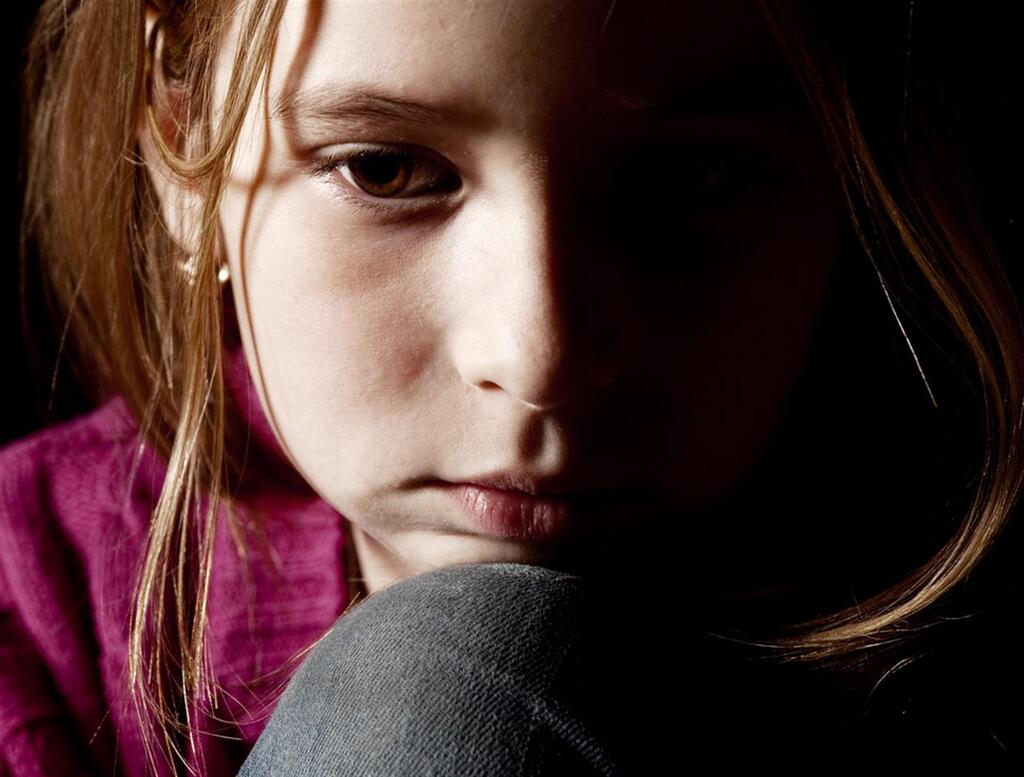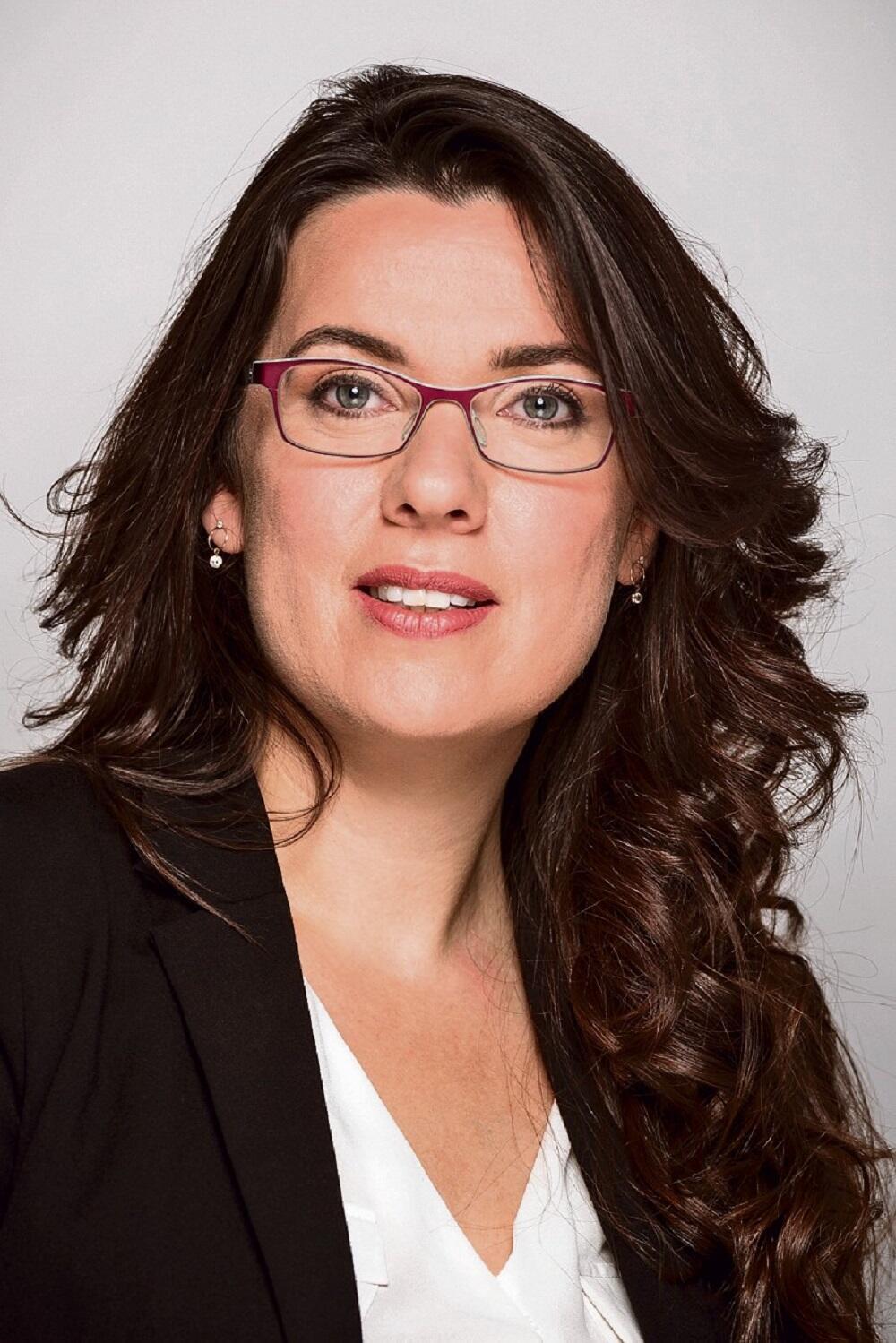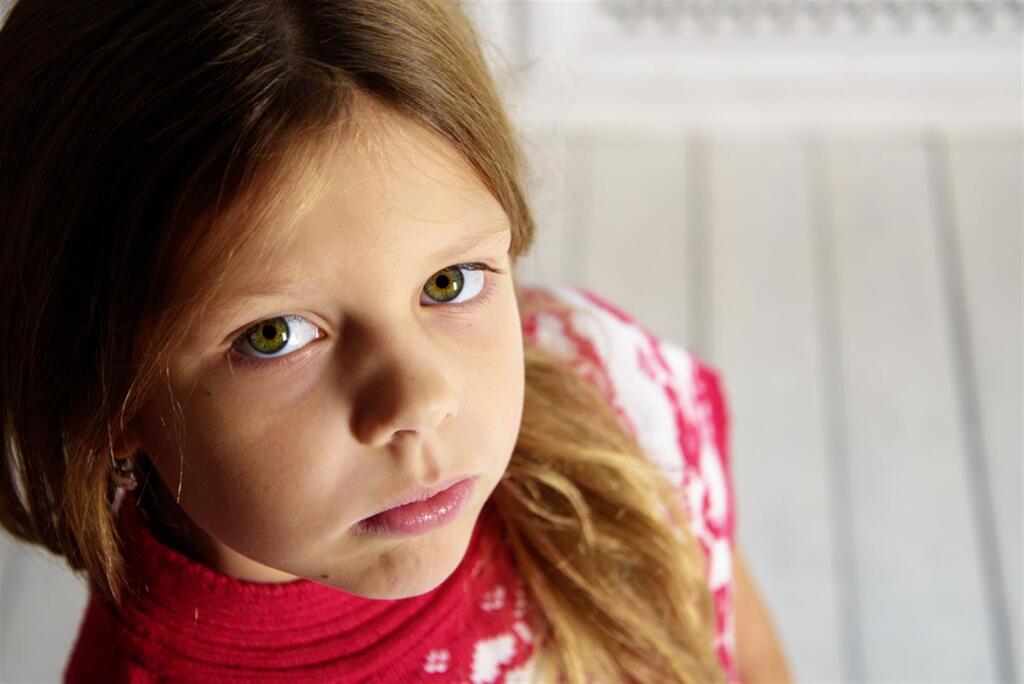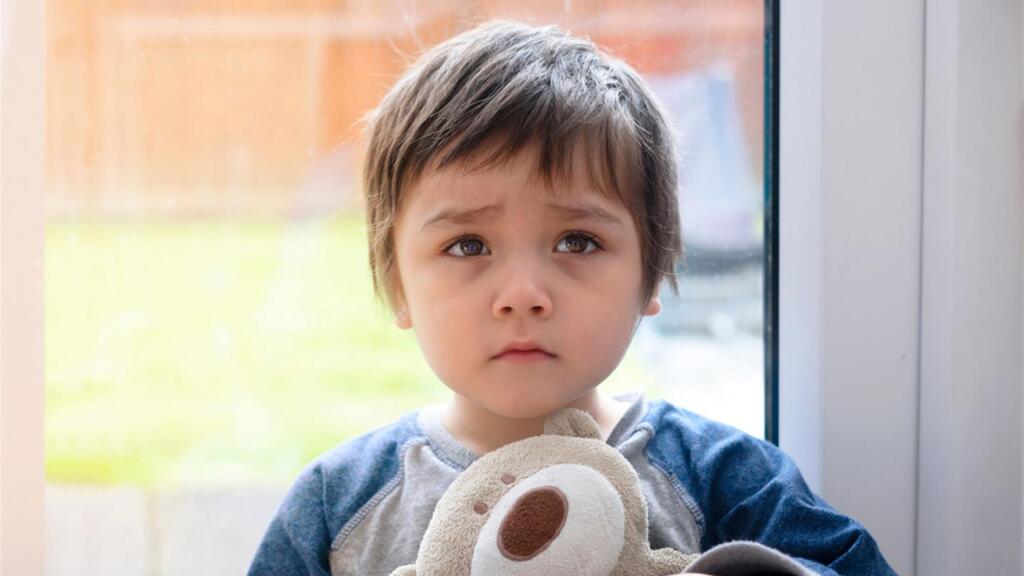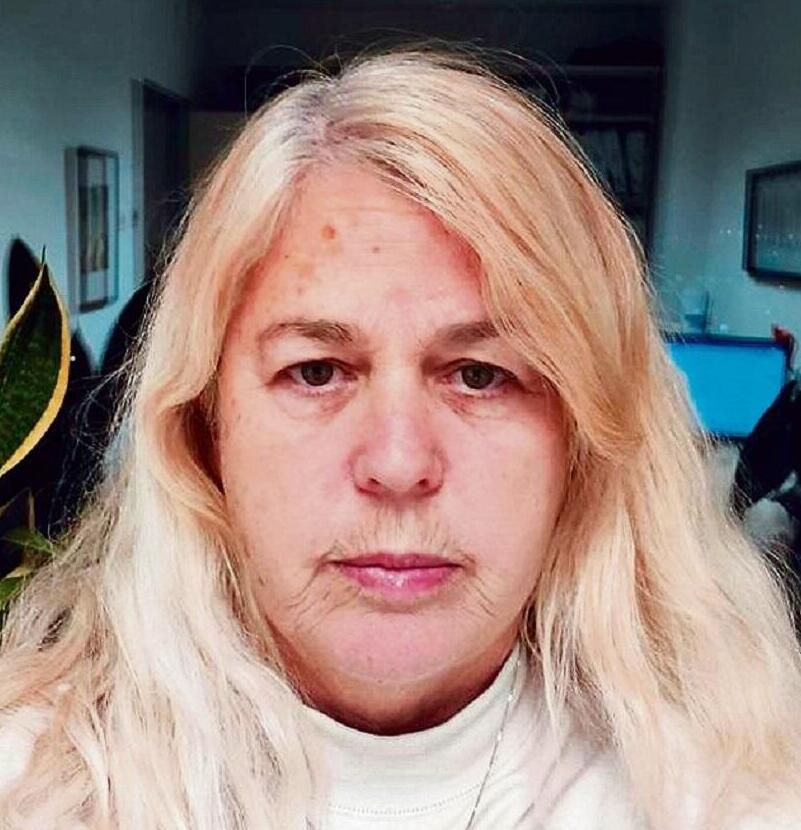Getting your Trinity Audio player ready...
In the early hours of October 7, long before the true magnitude of the tragedy could be grasped, a Facebook post emerged that seemed almost unreal. It urgently appealed for assistance in connecting with media channels: "A critical, urgent plea for help. Please, I implore you to assist me in reaching out to the media. It's an extremely urgent situation. I need to rescue my nephews; they are in hiding. They called me and told me that their parents have been shot and are on the verge of death in Kibbutz Kfar Aza. The baby is missing, and they are unable to locate him. My attempts to reach the police have gone unanswered, and Magen David Adom (MDA) are unable to access the kibbutz."
More stories:
Several hours later, as the enormity of the disaster began to dawn on Israel, the grim truth emerged: the words, seemingly ripped from a horror film or a nightmare, were tragically real. Roy Edan, a photographer for Ynet and Yedioth Ahronoth, and his wife Smadar, fell victim to the ruthless terrorists of Hamas in Kfar Aza.
They were mercilessly killed in front of their three children. Their little daughter, 3-year-old Abigail, was abducted into Gaza. Meanwhile, their older children, Michael and Amelia, aged nine and six, managed to survive the horrifying ordeal. They hid for 14 agonizing hours in closets near their mother's lifeless body, ultimately surviving the massacre. Roy's body was only identified approximately two weeks later, and the couple was laid to rest side by last Friday.
Enduring the tragedy and comprehending the depth of trauma experienced by these children who witnessed their parents' murders firsthand, left orphaned and traumatized, is an incredibly heavy burden. What makes it even more unbearable is the realization that this is not an isolated incident. Recent data released by the Welfare and Social Affairs Ministry revealed a horrifying truth: the terror attacks have left 21 children from 13 families without both parents. The majority are orphaned, and the rest are left in agonizing uncertainty about the fate of one of their parents.
The magnitude is difficult to comprehend - there are 16 children who lost both parents in the massacre, two children of single mothers who were killed, one child with both a parent murdered and the other kidnapped, and two children with a parent killed and the other missing. Additionally, there are four young adults aged 18-21 whose parents were killed in the attack. Furthermore, there are over 100 children who lost one parent due to this attack, a fact recognized by the welfare system today.
It's crucial to highlight that a situation has emerged wherein underage individuals have lost a biological guardian, or the existing guardian is unable to make decisions on their behalf. Given this situation, a decision has been made to implement a short-term intervention. This involves expediting the process of identifying family members who can serve as foster families in an emergency capacity for a duration of three months.
Due to the high number of casualties and the challenges in identifying the deceased, it took time for the Welfare and Social Affairs Ministry to reach all the affected families. However, at the beginning of the week, the ministry's staff successfully completed this task and began providing support, the extent of which varies based on each family's needs and preferences.
Social workers are actively involved in assisting families with ongoing matters related to local authorities, such as school and kindergarten registrations. They also help families navigate their rights and access the specific support they are entitled to from various government agencies. Most importantly, the support team aids families in the healing process and coping with their loss.
The Health Ministry and the Welfare and Social Affairs Ministry provide emotional and psychological support to both children and family members tailored to their individual needs. The goal is to help each person find a therapeutic approach that suits them best.
The family's incredible miracle
"The State of Israel has a history marked by battles, wars, traumas, and grief, but our society and government authorities have never before confronted such extensive loss and trauma," states Attorney Vered Windman, CEO of Israel's National Council for the Child. "It's not coincidental that we draw comparisons to the Holocaust. I say this because the response in the aftermath must also match that scale. In other words, the support the state provides and prepares for should be of an entirely different magnitude."
"These orphans are children who have experienced the unimaginable," Windman continues. "They aren't just children who lost parents; they are the ones who hid in fear in a cramped space for hours, children who sought refuge in a secure room while their homes burned, children who were left alone as their parents bled to death before their eyes. These are traumas that exceed our worst nightmares. These children cannot return to their homes, their rooms, or their friends. Their communities are shattered. What we need are support measures that comprehensively address the layers of loss, trauma, pain, and anxiety these children are enduring".
Foster care and adoption processes are inherently lengthy, ensuring families are well-equipped to meet the child's needs. In Israel, there's a strong preference for keeping children within their own families. All the children that were orphaned were placed with their relatives. The Welfare and Social Affairs Ministry closely supports these families alongside mental health professionals to ensure both the children and their grieving families receive comprehensive assistance.
Moran, a Welfare and Social Affairs Ministry representative working closely with some families, observed, "Children lacking immediate family were promptly embraced by their extended relatives. It was truly remarkable for me to witness – these individuals had just suffered the loss of a family member, yet instead of focusing solely on their own grief, they wholeheartedly embraced and cared for the child".
How do the children cope with this situation?
"Each child responds differently; some are like lost souls, struggling to comprehend the situation. Families feel a compelling need to construct a fresh reality for them: enrolling them in school, setting up a room, and ensuring they sense the security of a caring family that caters to their every need. However, a crucial aspect of our current efforts is guiding the children through the mourning processes, including facing the harsh reality of the tragic news and participating in the funeral. Amidst our endeavors to create a nurturing environment that warms their hearts, we must also acknowledge the profound loss they have experienced".
"A crucial aspect of our current efforts is guiding the children through the mourning processes, including facing the harsh reality of the tragic news and participating in the funeral."
Many families endured prolonged periods of uncertainty, facing days and even weeks of profound ambiguity. "This process is incredibly complex", notes Moran. "The lack of information and anticipation added to their distress, forcing them to shield the children from the grim reality. Most of these children were present during the events; they witnessed the tragedy, and the family is determined to shield them from further horrors. It's an incredibly challenging task—they have to explain to these children that their entire family was tragically taken from them, yet they were miraculously spared."
"They are referred to as a 'prize' or a 'gift,' the gift that the whole family won because of their survival, the precious remnants of the family left behind. Their treatment is akin to a miracle. The family attempts to guide them toward a place of faith, and destiny, making them feel valued and cherished."
"At this moment, they haven't fully grasped the enormity of their loss. However, once life returns to normal, when people resume work and they need to integrate into schools and kindergartens, that's when the true challenge begins. It's like stepping into a new world, a new community, a completely unfamiliar environment—everything is new. That's where the real struggle lies. Alongside the grief and loss, there's the daunting task of adaptation. They must navigate challenging stages of development without the guiding presence of their parents."
Feeling disconnected from reality
The children left orphaned after the horrific massacre span a wide age range, which corresponds to the diversity of challenges they face. The absence of a regular daily routine in the country, one that these children can acclimate to, exacerbates the situation. Some of these orphans aren't even in their homes; they are residing with evacuated family members in hotels (although being surrounded by their community and friends in this situation does offer a significant advantage).
The absence of a regular daily routine in the country, one that these children can acclimate to, exacerbates the situation. Some of these orphans aren't even in their homes; they are residing with evacuated family members in hotels.
"We are currently supporting a very young child, someone incredibly small who cannot fully comprehend the pain and sorrow surrounding him", shares Neta (pseudonym), a social worker aiding one of the families.
"Despite the heartbreaking situation, he remains a cheerful, delightful child, now in the care of his extended family, individuals he knows well and who played a significant role in his life before the devastating attack. The main struggle lies with the family members themselves. They grapple with their own grief and sadness, all the while dedicating themselves tirelessly to meet the child's needs, attempting to shield him from the harsh reality that has befallen the family."
How do you explain such a situation to such a young child?
"We approach the explanation in a way that is suitable for his age, but eventually, he will have to understand that his mother and father won't be coming back", Neta replies thoughtfully. "One of the family members shared a touching moment when they engaged in a game similar to what his parents used to play with him. During this game, he started saying 'Mom' and 'Dad'. As he grows older, more detailed conversations will be necessary. That's why the guidance of a child psychologist is crucial, providing the family with the necessary tools to navigate these difficult conversations about the tragic reality he's now facing".
How are the teams coping with this situation?
"None of us were prepared for this reality. Every day, we encounter these unimaginable stories, many of which hit too close to home. I have an employee whose brother was kidnapped into Gaza, and another whose relative was killed. It's a profound emotional blow that ranges from overwhelming pain to a struggle to comprehend reality. But we persevere, supporting each other, and when we step away from it all, we allow ourselves to break down and grieve".
Dr. Valery Hazanov, a clinical psychologist from the Israeli Mental Health Association, explains that each child responds differently to this tragedy and copes in unique ways: "This is one of the most devastating scenarios. These children experience various traumatic reactions. Some might cling tightly to their relatives, while others can't stop crying."
"Certain children may develop post-traumatic symptoms, but not all will. They might struggle with anxiety, recurring fears, physical arousal that prevents sleep or rest, and a sense of disconnection from the world. This disconnection, feeling utterly alone, is common in severe traumas, where the mind and body detach. Our goal at this stage is to provide stability, strength, and a feeling of security. In trauma, there's a profound sense of isolation, and that's where therapeutic support plays a pivotal role — helping these children understand that they are not alone is crucial".
Working tirelessly
The war erupted amidst a deepening crisis in the welfare system's workforce. Currently, there is an estimated shortage of approximately 1,500 social workers across welfare offices, creating deficiencies in nearly every bureau nationwide. Over the past few weeks, social work teams have been working ceaselessly to compensate for these shortages, ensuring that all families in need, including those of orphaned children, receive the necessary support.
"The recent event has reshaped our nation, affecting its security, politics, and social fabric, but it should also prompt a transformation in the country's therapeutic and rehabilitative approaches", says Windman. "What does this entail? The welfare system must undergo a comprehensive restructuring, as it has never dealt with such a large number of orphans, or children experiencing such severe trauma. This demands specialized psychological support from experts in traumatized children."
She continues, "Social workers are currently bearing an immense burden. The welfare and health systems have suffered from neglect by the state for years, leaving our essential support systems starting from an incredibly low point. Although there is a significant mobilization of people offering meaningful assistance and showing remarkable social solidarity, it's evident to everyone that building on this foundation over the long term is impossible".
Rakefet Atzmon, the director of child welfare services, oversees the welfare system during emergencies at the family center established in collaboration with the Israel Police. She emphasizes that work continues around the clock, seven days a week, during the war: "The shortage persists, and the dire conditions remain unchanged. Nevertheless, the profession endures, and we remain steadfast for the families. We find ourselves navigating uncharted territory, yet we rely on established working practices developed over the years to help us cope with the current situation".
How do you ensure that, in this complex situation, the children receive all the necessary support?
"At this point, our primary focus is on establishing a stable environment for the child, where they can initiate the process of recovery. Adoption, if applicable, will be considered in the future, but we are not at that stage yet. Many of these children have undergone severe traumas, resulting in a diverse range of reactions."
"It's crucial to ensure that they remain within the realm of normalcy. Some may suppress their emotions, while others might appear seemingly indifferent. Some might talk incessantly, others repeat their story, and some simply cry."
"A child who has endured such a trauma requires familiarity to aid their recovery—a familiar space, familiar faces, a language they recognize, comforting scents, food they are accustomed to, and behaviors they recognize. To heal from such a profound loss, a child must be connected to sources of strength".
"Caring for both the caregiver and the child is paramount. Extending support to the child's support system is as crucial", she emphasizes. "Hence, there's a crucial need to establish a highly organized framework."
"Some children arrived with no belongings whatsoever, and they will receive financial assistance to manage their daily needs. Within this framework, there's also the aspect of ensuring they access all the benefits they are entitled to—be it from National Insurance, the Health Ministry Health, or leveraging professional expertise to tailor the child's treatment to their specific needs".



